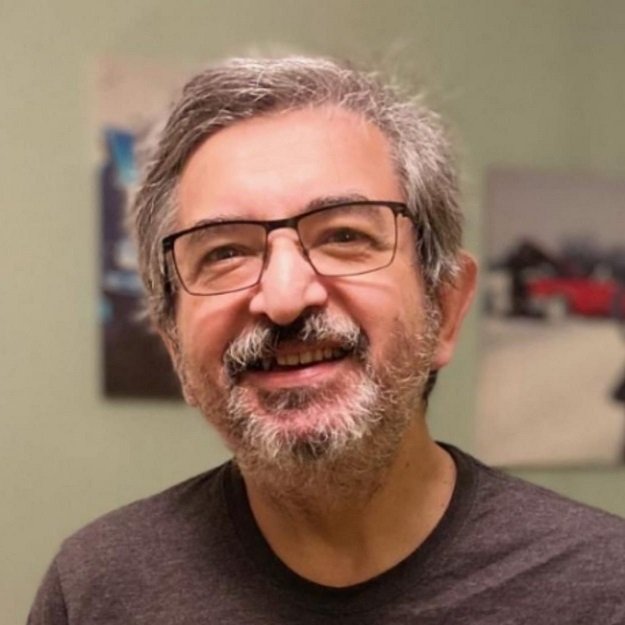Salil Tripathi's recent suspension on Twitter raises important questions for the protection of free speech on social media
Salil Tripathi
PEN International welcomes the news that Salil Tripathi, journalist, writer, and Chair of PEN International’s Writers in Prison Committee, has had his account reinstated on Twitter. However, the basis on which his account was suspended raises important questions concerning the efficacy of Twitter’s procedures for moderating content and the platform’s potential vulnerability to abuse by malicious actors who seek to silence critical voices.
Salil Tripathi’s account was suspended without any warning on 6 December 2020, just hours after Salil posted a recording of himself reading a poem that he wrote about his late mother on the eve of the anniversary of the controversial demolition of the Babri Masjid in North India.
Other recent posts by Salil include a tweet announcing a podcast interview where he discusses his recent article in Foreign Policy, which details the ongoing erosion of democratic norms in India. In another post, Salil uses the hashtag #NeverForget to mark the recent anniversary of the 1984 Bhopal gas tragedy that led to thousands of deaths in India. It remains unclear how any of these posts could have violated Twitter’s Terms of Service policy. Twitter told Tripathi that a list he maintains of twitter accounts violated its policy, without clarifying how or why such a list violated twitter’s policies. Newspaper reports say the list’s title was problematic. Tripathi’s account has since been restored; he has renamed the list.
Shortly after Salil’s account was suspended, another twitter account named ‘DESHI_ARMY’ claimed responsibility. The account’s name refers to an online network of pro-government activists who actively seek to deplatform prominent critics of India’s ruling BJP government by conducting targeted mass reporting campaigns in an effort to suspend critics’ accounts.
In response to his suspension from Twitter, Salil Tripathi said: “No journalist or writer wants to become the story, nor should one become the story. Many more journalists and writers have endured far worse than what I am experiencing at the moment. In India alone, Siddique Kappan is being denied bail as we speak, Gauri Lankesh was murdered (as were three other intellectuals, MM Kalburgi, Narendra Dabholkar, and Gobind Pansare), and other journalists, in particular women, have been harassed or intimidated. They are the real heroes.
“That said, twitter's decision-making has been opaque and arbitrary. Twitter is a private space which creates the illusion of being a public space, which it clearly is not, and takes decisions on free speech and human rights that it does not have the mandate, expertise, or capacity for. It has the right to do what it wishes and to set its terms. It will be judged by whether it is capable of acting in a fair manner - in my case it hasn't, but I'm hardly alone to say this.”
There has been widespread public condemnation of Twitter’s suspension of Salil Tripathi’s account, with both the current United Nations Special Rapporteur for Freedom of Opinion and Expression, Irene Khan, and her predecessor, David Kaye, publicly criticising the suspension. Also among those who have publicly criticised Twitter’s suspension of Salil Tripathi’s account is acclaimed novelist and essayist Salman Rushdie, and Indian politician and writer, Shashi Tharoor.
PEN International calls on Twitter to have more transparent policies that respect freedom of expression and fairer arbitration procedures. Twitter should also conduct a thorough revaluation of its suspension procedures in light of the apparent misuse of its reporting feature by actors seeking to silence peaceful expression.
For further information please contact Ross Holder, Asia Programme Coordinator at PEN International, Unit A, Koops Mill, 162-164 Abbey Street, London, SE1 2AN, Tel.+ 44 (0) 20 7405 0338, email: [email protected]

